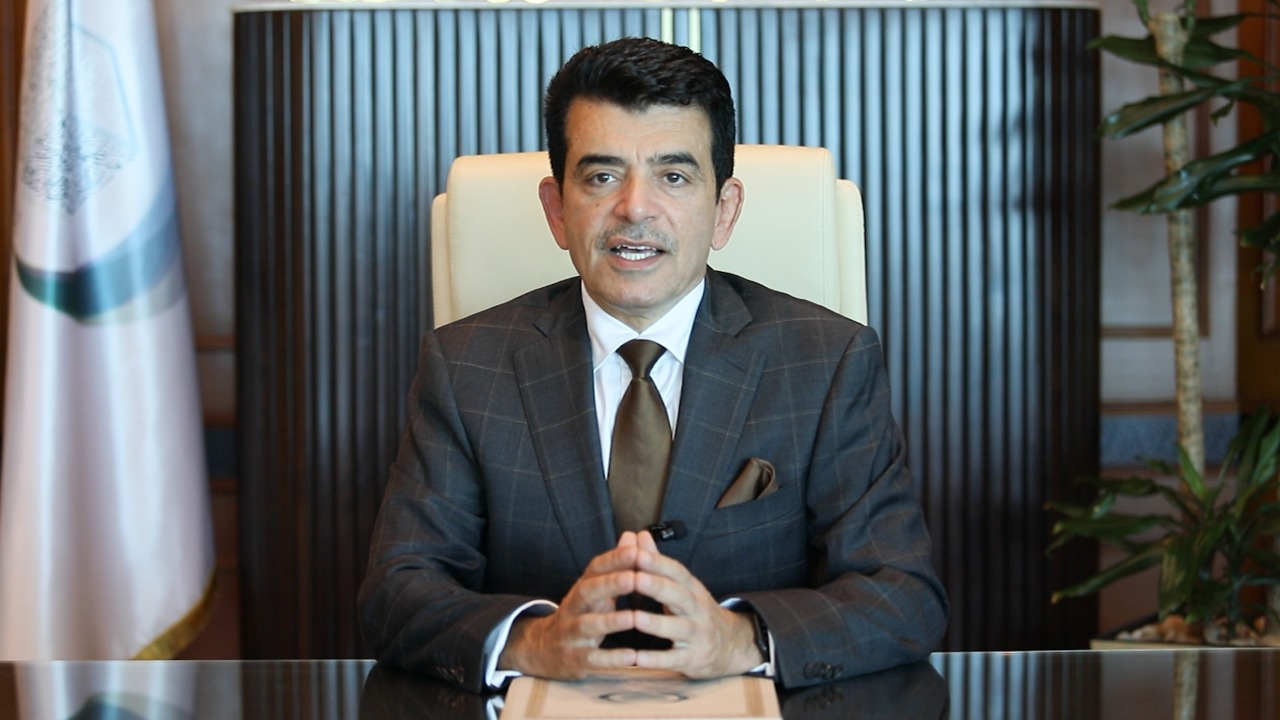
AlMalik Gives Opening Lecture of “Hadith Al-Khamis” Series at Mohamed V University

19 February 2021
Dr. Salim M. AlMalik, Director-General (DG) of the Islamic World Educational, Scientific, and Cultural Organization (ICESCO), gave the opening lecture of the second edition of the “Hadith Al-Khamis” Series, which the Faculty of Letters and Human Sciences at Mohamed V University in Rabat organized. The Faculty held the lecture on Thursday, February 18, 2021, and addressed the topic “Thinking about the future: stakes and challenges.”
The DG opened his lecture with the question “What is the future?” stating that there are thousands of definitions for the notion of “future.” He added that philosophers, scientists, and poets were the major category that thought about the future starting from ancient to more recent times, with figures like Mohamed Iqbal and his foresight philosophy and thought. He maintained that later on during the post-World War II period, a shift occurred from adopting theoretical proactive thought to scientific future applications.
The DG underscored that strategic intelligence is logical and reasonable as it is the intelligence of the future and the ability to think about it. He added that any future foresight without strategic planning remains mere predictions that may or may not happen because planning is the prerequisite for the foresight to be scientific.
Dr. AlMalik stated during the lecture that the University of the Future should adopt a human-oriented vision that places humans at the core of university research and works towards encouraging cooperation instead of futile competitiveness. He also stressed the need for universities to open up to their external surroundings, as development hubs that contribute to the economy and open new prospects for research in various fields.
Dean of the Faculty of Letters and Human Sciences, Dr. Jamal Eddine El-Hani, also delivered the opening address for the lecture.
The lecture series “Hadith Al-Khamis” consists of open and interactive lectures discussing intellectual, social, and cultural issues, with the participation of senior intellectuals and scholars.




